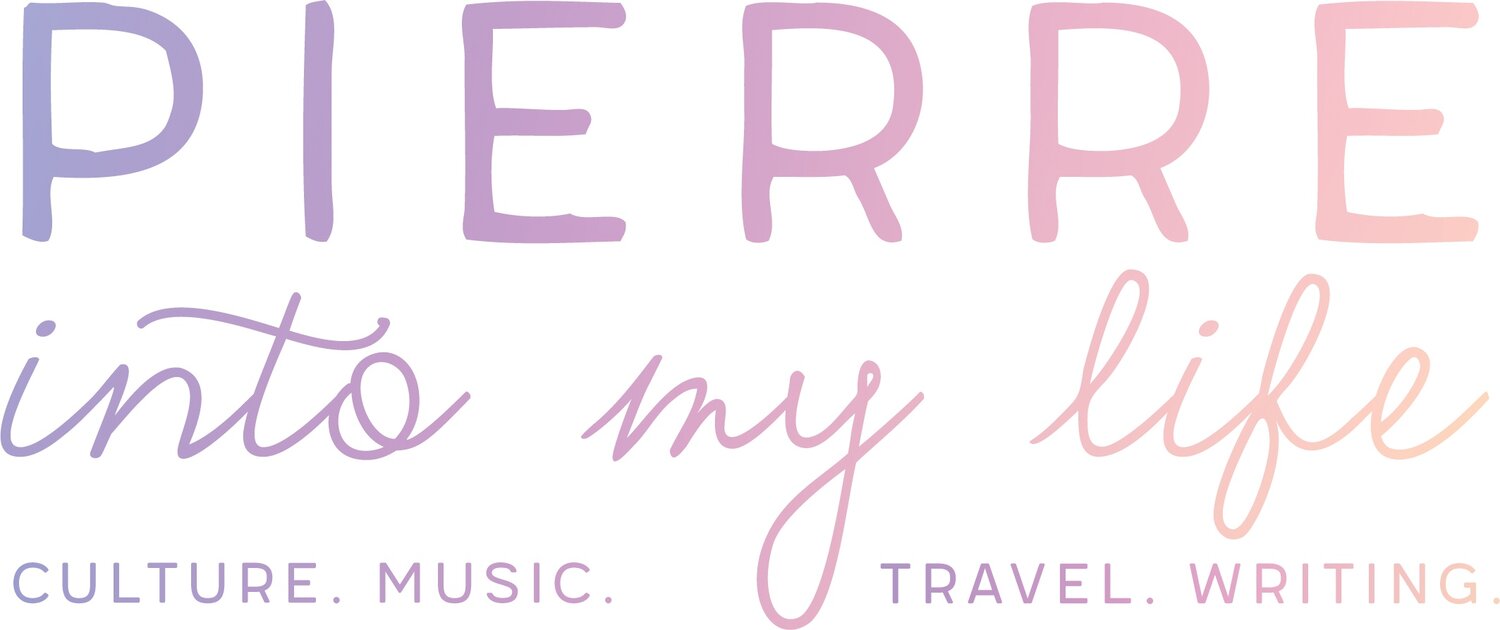Photo Courtesy Getty Images
On April 11, PEOPLE magazine ran an exclusive interview with the top-notch wordsmith, whistle note chanteuse, Mariah Carey opened about her battle with bipolar disorder.
Back in 2001, Mariah surprised TRL viewers and Carson Daly when she appeared wheeling an ice cream cart, sporting a “Loverboy” t-shirt, while she seemed to unhinge as she talked about her “haters.” She was also going through a breakup with her boyfriend of three years, singer Luis Miguel. Shortly after, she showed up in a manic state at her mom’s home and promptly passed out. Mariah was then hospitalized in Westchester County, NY and then Silver Hill Hospital for Mental Health & Addiction in Connecticut where she stayed for 12 days. The following September has hospitalized again at University of California Medical Center. It implied to the press that the singer admitted due to exhausted but in fact, Mariah would diagnose with bipolar II disorder.
“I was working and working and working,” she said. “It turns out that I was experiencing a form of mania. Eventually, I would just hit a wall. I guess my depressive episodes were characterized by having very low energy. I would feel so lonely and sad — even guilty that I wasn’t doing what I needed to be doing for my career.”
For years, she was in denial of her mental state. “I didn’t want to believe it,” she confessed in the interview.
Almost 18 years later, she’s now in therapy and taking medication. “I’m actually taking medication that seems to be pretty good. It’s not making me feel too tired or sluggish or anything like that. Finding the proper balance is what is most important,” Carey tells PEOPLE.
Why is this important? There has been a giant stigma attached to not only depression but also bipolar disorder, especially for those in the black community dealing with the mental disorders.
"I'm hopeful we can get to a place where the stigma is lifted from people going through anything alone," Carey said. "It can be incredibly isolating. It does not have to define you and I refuse to allow it to define me or control me."
Black Americans are 10 percent more likely to report severe psychological distress than non-Hispanic whites, according to US Department of Health and Human Services of Minority Health. According to 2014 Journal of Counseling & Development study, shows people who experience racial microaggression- insults, invalidations, interpersonal slights are more likely to show signs of anxiety and depression. Often Blacks are reluctant to seek treatment due to lack of money/resources, having a heavy load of other issues to overcome and using religion to help hope the many symptoms.
Recently, prolific Black celebs have shared their experiences with dealing with their mental health and seeking treatment including Jay Z, Jenifer Lewis, and Kid Cudi. TV shows like Insecure, and She’s Gotta Have it, have showcased black characters sharing their emotions with a therapist which hasn’t been presented in black media very often. With the constant dialogue from the media and celebs alike, it will begin to seem more familiar and normalize for Blacks to treat their wellness and be on the path to a healthy mental state.
Last year the site, Therapy for Black Girls was created by Black Psychologist Joy Harden Bradford as an online space to encourage Black Women and Girls to improve mental wellness. The site gives listings of the local Black therapists to find that is more accessible and relevant.
Personally, I have been dealing with depression and anxiety since I was seven years old, off and on. I developed it shortly after my grandfather passed way and there were several drastic adjustments in my life (my grandmother who had dementia moved in with us, my sister gave birth to my niece, I was having difficulty in school which later I would be diagnosed with a learning disability). Luckily, my mother was supportive and allowed me to see counselors and therapists during those difficult times. I look back at some of my darkest times in my adolescence where I resorted to listening to Mariah Carey to help me cope with my feelings, especially, “Close My Eyes,” “Looking In,” and “Make It Through the Rain.” And even today, if I’m going through romantic tragedy, she has the best breakup songs. (Fun fact: Snoop Dogg admitted that “Vision of Love,” inspired him while he was locked up in jail back in the 90’s)
"I'm hopeful we can get to a place where the stigma is lifted from people going through anything alone," Carey shared in her PEOPLE exclusively. "It can be incredibly isolating. It does not have to define you, and I refuse to allow it to define me or control me."
If you see signs of depression or anxiety, know that you’re not alone and there are outlets out there to find help and improve your health.
For mental health support, contact the Depression and Bipolar Support Alliance at dbsalliance.org.

















‘Tis the season for insanely pricey gift ideas from Gwyneth Paltrow